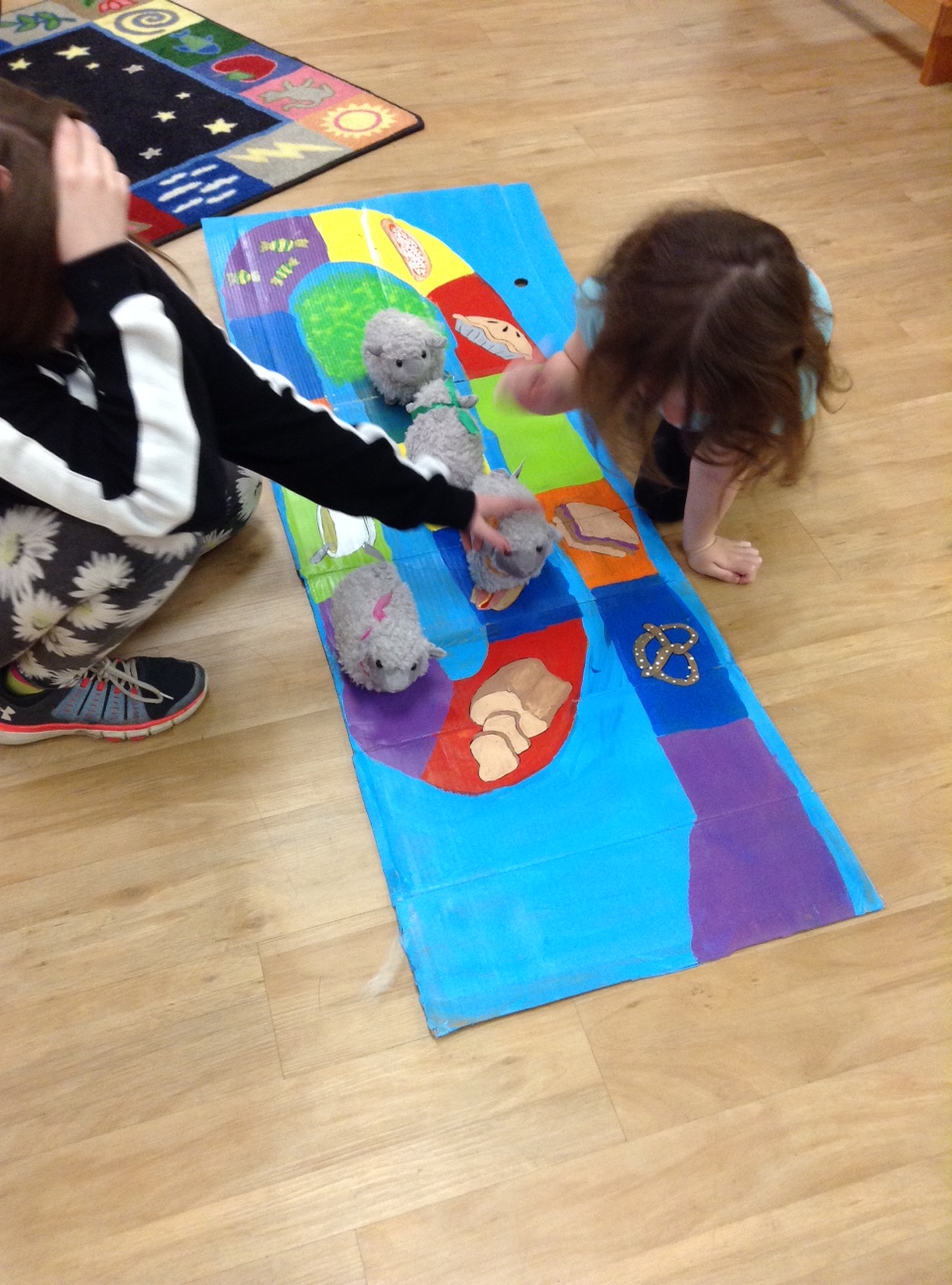This is a piece I wrote after researching a code of ethics for the cataloging profession. The ALCTS (technical services’ professional organization) does not have an officially recognized code of ethics, but they have guidelines which catalogers can use to amend the ALA code of ethics to suit uniquely cataloging issues.
The field of cataloging does not have an official code of ethics. The ALCTS (Association for Library Collections and Technical Services) does have guidelines to supplement the ALA Code of Ethics. Highlights from these guidelines include developing collections of materials within collection policies, developing resource sharing programs to extend and enhance information sources, and promoting the development and application of standards and professional guidelines (ALCTS, 1994).
Sheila Bair (2005) proposed a Cataloging Code of Ethics which emphasized honesty in creating records, unbiased application of cataloging rules, and vigilance in avoiding censorship or denying access by inaccuracy, subject headings, or classification schemes. Investigating the ethical dilemmas that catalogers encounter is interesting and challenging. Bair reinforces that “Catalogers decide how to represent subjects and, thus, affect access to and use of information contained in and knowledge derived from the documents we catalog” (2005 5-6). Gretchen L. Hoffman (2009) questions how user’s needs can be met since catalogers often do not know their users (633). She mentions a model called the socio-cognitive approach, which “focuses on domains, or groups of people, to understand things like how the domain searches for information and the words and phrases the domain uses” (637).
Precise cataloging is essential to providing users with access to books and resources, and the potential to inadvertently restrict access is a real possibility. With this in mind, the third value, respect for and/or the search for truth, is especially important to catalogers (Rubin 2016, 540). Ensuring that records accurately reflect holdings is essential. Applying subject headings can help patrons in their search for information. However, incorrectly assigning headings has the potential to prevent people from accessing the information they seek.
Association for Library Collections and Technical Services. 1994. “Guidelines for ALCTS Members to Supplement the American Library Association Code of Ethics.” American Library Association, 2017. http://www.ala.org/alcts/resources/alaethics
Bair, Sheila. 2005. “Toward a Code of Ethics for Cataloging.” Technical Services Quarterly. October 10, 2008. http://www-tandfonline-com.pitt.idm.oclc.org/doi/abs/10.1300/J124v23n01_02
Hoffman, Gretchen. 2009. “Meeting Users’ Needs in Cataloging: What is the Right Thing to Do?” Cataloging & Classification Quarterly. http://www-tandfonline-com.pitt.idm.oclc.org/doi/abs/10.1080/01639370903111999
Rubin, Richard. Foundations of Library and Information Science. Chicago: American Library Association, 2016.




























